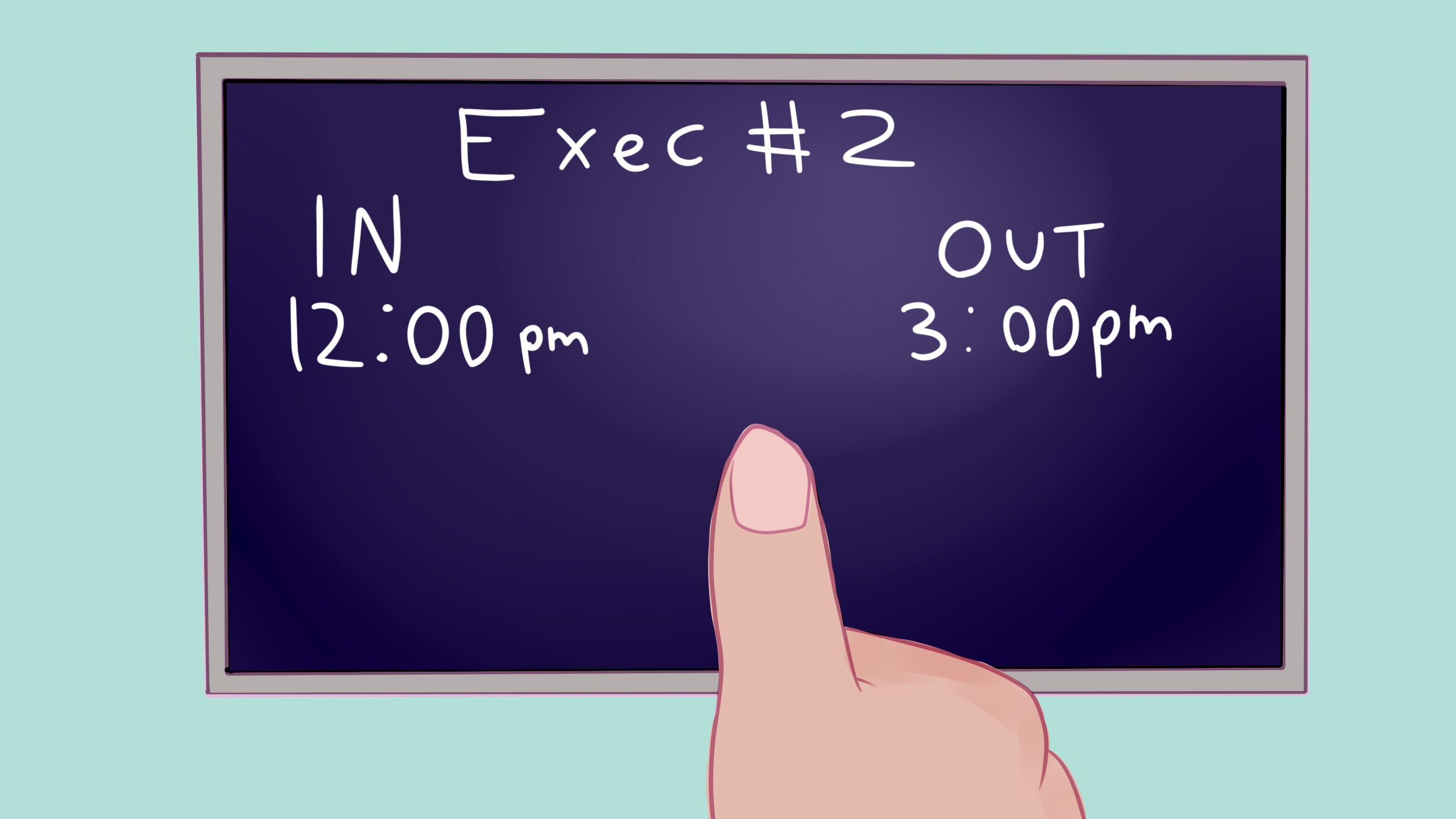By Madi Wong and Valerie Dittrich
Four of the six Ryerson Students’ Union (RSU) executives may not have worked their minimum amount of hours, according to hour log documents obtained by The Eyeopener.
According to executive director Reanna Maharaj, the executives should have worked about 1,080 hours from May 5 to Nov. 9. But the documents do not include holidays, conference hours or other work-related events. Maharaj said these additional hours vary depending on the exec.
The hour log documents obtained by The Eye only detail hours from May 5 to Nov. 9 and do not include holidays, conference or work-related event hours. However, they do show the days that the executives were in office and their clock-in and clock-out times from each day.
The undocumented conference hours could boost the hours of the executives but it is unclear how many conference hours each executive has.
At the RSU’s emergency Board of Directors meeting on Nov. 13., a motion was passed to hold executives accountable for not working their full 40-hour workweeks.
The motion stated that executives had been asked “three times” to work the RSU’s hours of operation from 10 a.m. to 6 p.m. Instead, they have been “flexing” their hours—meaning they have altered their day-to-day clock-in and clock-out times.
“When you have students who become managers and CEOs…We’re in charge of project management and holding ourselves accountable,” RSU president Vanessa Henry previously told The Eye. “But a lot of the time, that means [people] not showing up and no one can tell you [you need to be at work] because it’s this idea of ‘I’m my own boss.’”
How many hours have the execs worked?
According to the documents, there are multiple instances where all six executives have clocked in for less than eight hours of the day and have flexed their hours throughout their workweeks.
Henry and vice-president student life events Joshua Wiggins have the most amount of hours in comparison to the other executive members.
As of Nov. 9, Henry has worked a total of 998 hours and Wiggins has worked 1,041 hours—excluding conferences or work-related events that were out of office.
Wiggins’ longest shifts were during frosh and Week of Welcome, with his longest day clocked in at 18 hours.
“I understand the accountability aspect [of the motion],” said Wiggins. “My only problem was that [for] salary jobs, [you] usually you don’t clock in for those. I think understanding that the execs are very busy so sometimes they’re gonna forget to clock in.”
Vice-president education Kwaku Agyemang, has worked a total of 865 hours since entering office. According to the documents, the longest shift he has worked was on Nov. 6—the day of protest against the provincial government’s cuts to education.
Agyemang said that he had a few “personal concerns” with the spirit of the motion and that while he tries his best to remember to punch and in out, the “nature of [their] work” sometimes doesn’t allow it.
“We’re always at events or working late,” he said. “Our job is pretty high stress and there’s a lot of days where we forget to punch in.”
Agyemang also said that after the board meeting, the executives had a chance to “reconcile their hours” and pulled all their confirmed documentation together, which included conferences, working from home and working out of the office.
“That dramatically increased my hours,” he said.
Vice-president finance Augustine Onuh has worked 736 hours, vice-president equity Naja Pereira has worked 606 hours and vice-president marketing Victoria Anderson-Gardner has worked 843 hours.
Anderson-Gardner said that she understands there needs to be a structure to hold executives accountable but feels like the motion that was passed is “too strict.”
“I’m in class for…Probably 12 hours a week on top of doing 40 hours of work. Which is a lot,” she said. “It’s the same for some of the other executives.”
She said that having the ability to flex their hours to make up for the ones they missed was her understanding going into the position. According to Anderson-Gardner, the executives have talked about it in the past.
The Eye reached out to Onuh who said in an email that he would “love to have an interview” but is unable to comment on “any leaked confidential document as it violates [his] duties to the RSU.”
The Eye also reached out to Pereira in a request to comment but she did not respond in time for publication.
Holding the execs accountable
Henry said the motion came out of her platform promise of holding both herself and the RSU accountable during their term.
“It wasn’t out of spite,” she said. “This is what I said I have to do [and] I’m going to do it.”
For Wiggins, he said he would make up time on the weekends or after hours if he needed to and remembering to clock in and out every time he goes to work.
Similar to Wiggins, Agyemang said he will make sure to work on physical documentation of his hours.
“If we aren’t able to punch in, we email the ED and financial controller to make sure they know we’re working,” he said.
In addition, Anderson-Gardner said she aims to have “open communication” with the ED and the rest of the executive.
“I’m just trying to provide more accountability by providing actual documentation for everything that I’m doing.”
Clarification: A previous version of this story stated that the hour log documents of the RSU executives’ hours excluded only conferences and other work-related events. The documents actually exclude holidays, conferences and work-related events.












Leave a Reply